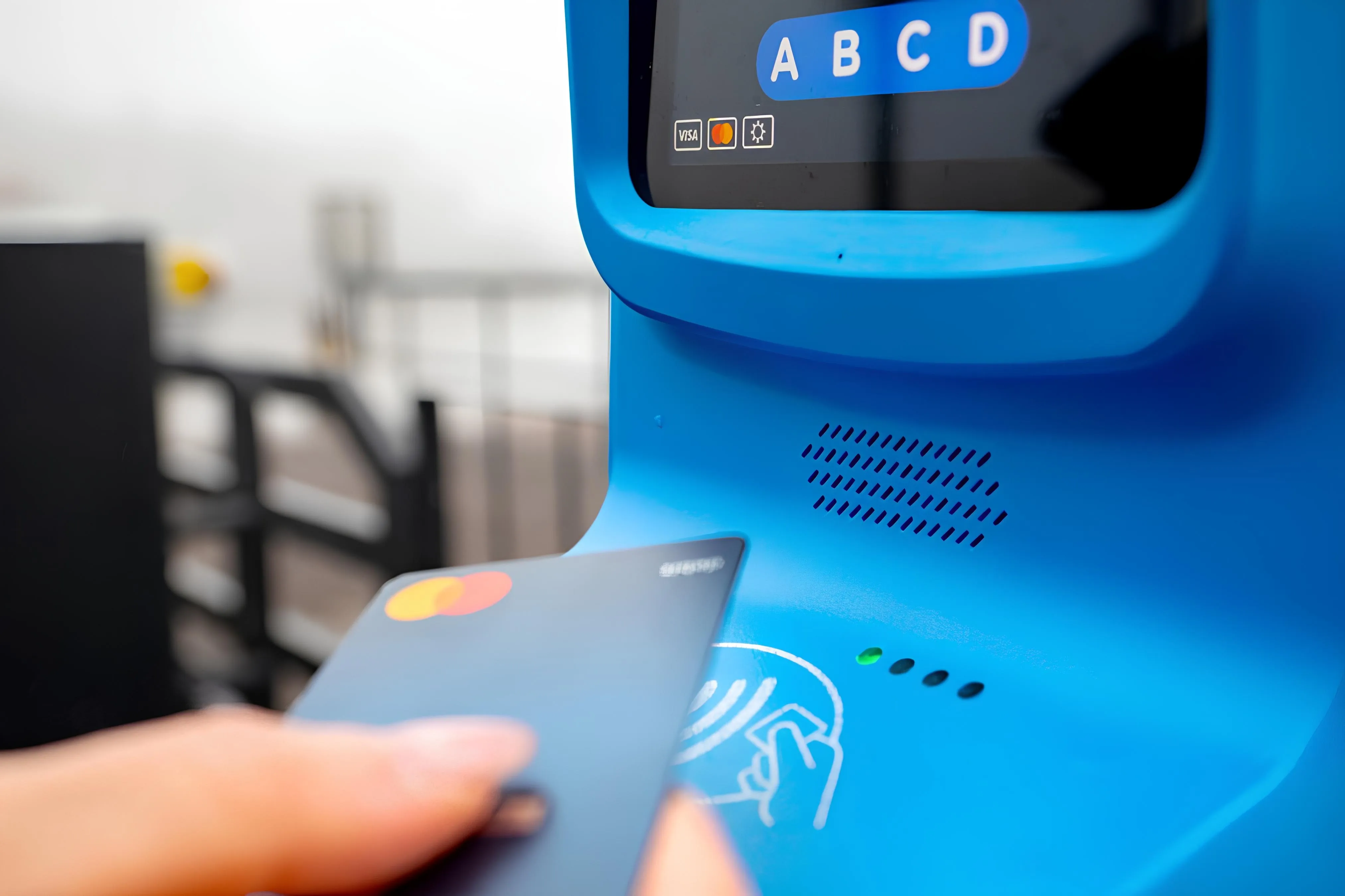Transport for London (TfL) has launched a public consultation to seek customers’ views on proposals to withdraw cash fare payments on London buses.
Since the introduction of the Oyster card in 2003, and the launch of contactless payment cards on London’s buses last year, fewer than one per cent of bus fares are now paid in cash, down from 25 per cent in 2000. TfL is now putting proposals to passengers that would see cash fare payments on London buses ending in 2014.
Research shows that the majori
August 20, 2013
Read time: 2 mins
Since the introduction of the Oyster card in 2003, and the launch of contactless payment cards on London’s buses last year, fewer than one per cent of bus fares are now paid in cash, down from 25 per cent in 2000. TfL is now putting proposals to passengers that would see cash fare payments on London buses ending in 2014.
Research shows that the majority of cash paying passengers tend to be aged between 16 and 34, with 80 per cent of all passengers using cash doing so because they have insufficient funds on their Oyster card - using a contactless payment card would be a convenient option when this happens.
Leon Daniels, managing director for TfL Surface Transport, said: “The proposals we are consulting on reflect the changing way that our customers pay for their journeys – with the vast majority now benefiting from the best possible fares and the convenience that Oyster and contactless payment cards deliver.
“It costs US$38 million a year to accept cash on buses and with so few customers paying cash it makes sense for us to consider removing it. The savings made can then be invested into making further vital improvements to the capital’s transport network.”







